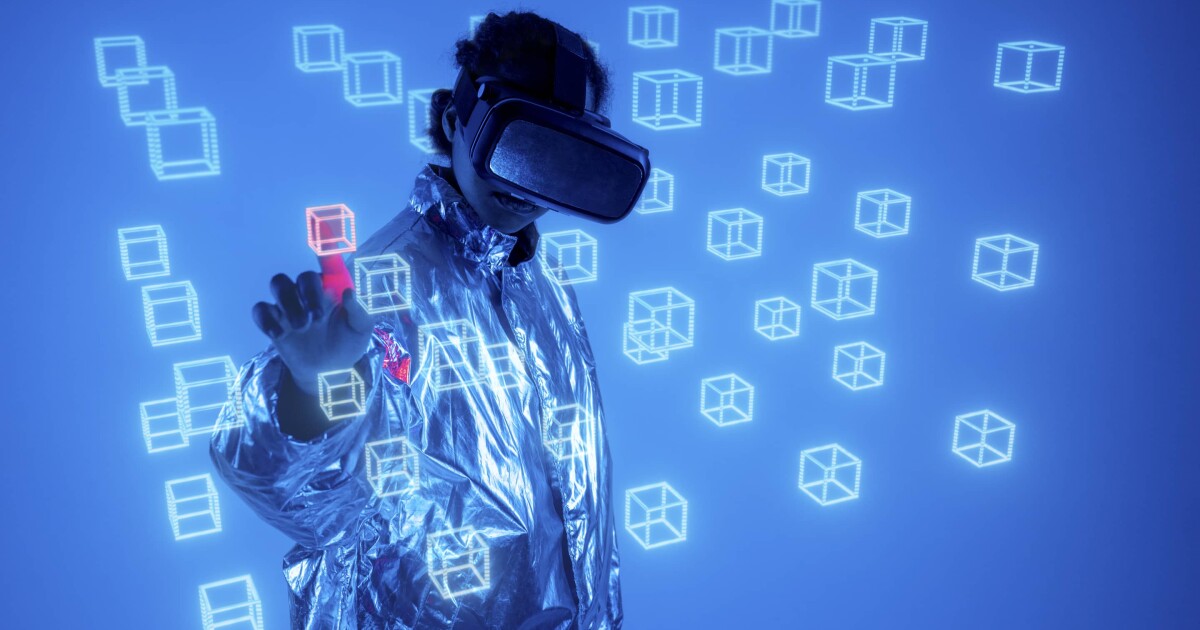Virtual Reality (VR) has long been associated with immersive gaming and thrilling entertainment experiences. However, as technology continues to advance, the potential applications of VR extend far beyond the gaming world. From revolutionizing various industries to enhancing learning and training, VR is reshaping the way we interact with information and the world around us.

**The Power of Immersive Experiences**
VR technology creates a computer-generated environment that simulates a user’s physical presence and allows them to interact with the digital world. By wearing a VR headset, users can be transported to virtual landscapes, historic events, or even fictional realms, experiencing a sense of presence and immersion like never before. This unique quality of VR makes it a powerful tool for a wide range of applications.
**1. Education and Training**
In the field of education, VR is becoming an invaluable tool for engaging students and enhancing learning experiences. Instead of merely reading about historical events or scientific concepts, students can now virtually visit historic sites, explore the human body, or travel to outer space. VR simulations also allow students to practice real-world skills in a safe and controlled environment, making it particularly beneficial for medical and technical training.
**2. Healthcare and Therapy**
In healthcare, VR is used for a variety of purposes, from pain management to exposure therapy. VR environments can distract patients from discomfort during medical procedures or provide therapeutic scenarios to help individuals overcome phobias and anxiety. Additionally, VR can assist medical professionals in visualizing complex medical data and performing surgery simulations.
**3. Architecture and Design**
For architects and designers, VR enables immersive walkthroughs of building designs, allowing clients to experience spaces before construction begins. VR also facilitates collaborative design processes, as team members can interact with the virtual model simultaneously, regardless of their physical locations.
**4. Virtual Tourism**
With VR, people can explore far-off destinations and historical landmarks without leaving their homes. Virtual tourism opens up a world of possibilities for those who are unable to travel or wish to preview destinations before planning a trip. It also contributes to sustainable tourism by reducing the environmental impact of travel.
**5. Business and Collaboration**
In the corporate world, VR facilitates remote collaboration and communication. Virtual meeting spaces enable teams to work together in a more immersive and interactive manner, regardless of their physical locations. VR is also being utilized for employee training and onboarding, providing engaging and realistic scenarios for skill development.
**6. Social Interaction and Connectivity**
As VR technology advances, social VR experiences are becoming more prevalent. Users can interact with others in virtual spaces, attend virtual concerts, or participate in social gatherings in a shared virtual environment. This immersive social interaction offers new avenues for connecting with people from all over the world.
**Challenges and Future Development**
Despite the numerous possibilities VR offers, challenges remain in terms of accessibility, affordability, and content creation. VR hardware can still be costly for some users, and not everyone has access to the high-end equipment needed for optimal experiences. Additionally, generating high-quality VR content requires specialized skills and resources.
However, as VR technology becomes more refined and accessible, it has the potential to revolutionize numerous industries and transform the way we experience the world. With ongoing advancements and increasing interest in this exciting field, the future of virtual reality is filled with endless possibilities for innovation and growth.
**Conclusion**
Virtual reality has evolved beyond its gaming and entertainment roots and is making significant strides across diverse sectors. From education and healthcare to business and social interaction, VR’s immersive capabilities are unlocking new ways of experiencing information and connecting with the world. As the technology continues to mature and become more accessible, virtual reality has the potential to reshape various industries and enrich the way we learn, work, and interact with others. Embracing this immersive technology offers a glimpse into a future where virtual experiences become seamlessly integrated into our daily lives.